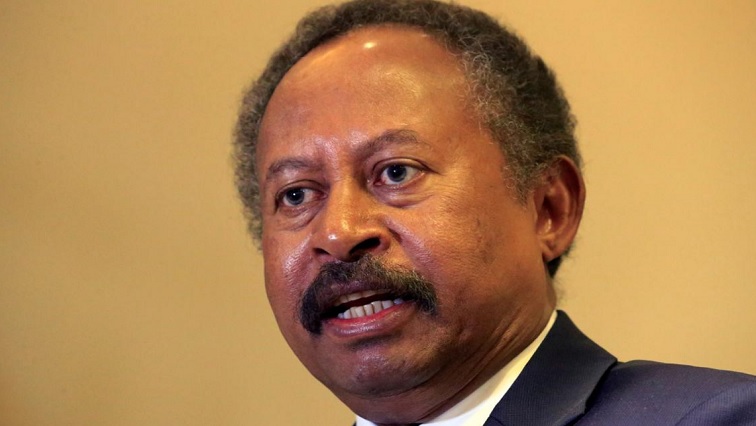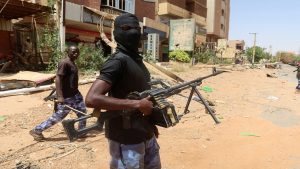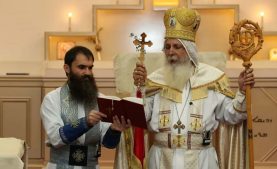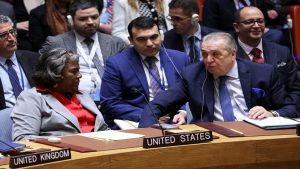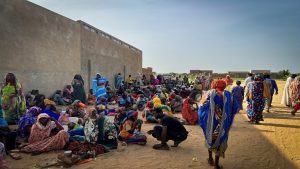Sudan’s Prime Minister has begun a critical visit to the United States this week where he will seek a road map from Washington on ending decades of sanctions against his country.
Abdalla Hamdok was sworn in as Prime Minister in August after months of mass protests led the military to remove long-time authoritarian leader President Omar al-Bashir from office.
The former high-ranking United Nations Economist now leads a reform-minded government that seeks to normalize their international relations; key among those is Sudan’s removal from the US list of State Sponsors of Terror.
Hamdok is on an aggressive charm offensive here in the United States. He is expected to meet with officials from the State Department, the US Treasury and the National Security Council among others.
A priority to remove Sudan from the list of State Sponsors of Terror was first placed on in 1993, a sentiment he expressed during a recent visit to the UN in September.
“ The de-listing of Sudan from the State Sponsoring Terrorism list – this is key to anything we can touch and do, it is linked to the economy, it is linked to debt, investment – but opening the country at large. We have to get understanding and fast from our American friends in delisting Sudan; Sudan that is upholding good human rights, good governance, rule of law, is not a threat to anybody. We have to be able to reward the Sudanese people in this.”
The United States lifted decades of trade sanctions against Sudan in October 2017 but residual sanctions remain in place particularly related to the conflict in Darfur.
With their continued state sponsor of terror listing, the country is blocked from accessing loans from institutions like the International Monetary Fund and will be seeking guidance from US interlocutors on how that could be accomplished expeditiously so as to prevent the country from becoming a failed state.
As the Forces of Freedom and Change protest movement demonstrated a Sudanese people ready for a new political paradigm, both at home and abroad.
“Sudan is a very rich country; we don’t need hand-outs. What we need is opening up the country for business, prosperity and all that and working together with our partners we will achieve that. Reforming state structures and institutions is a top priority, building solid foundation for the establishment of the rule of law, transparency, accountability and justice and particularly transitional justice that is firmly linked to the peace process. Combatting corruption and addressing issues of the recovery of the stolen assets, I think it stands in billions.”
The African Union and the United Nations have urged international solidarity as Sudan navigates through its democratic transition.
AU Commission Chair Moussa Faki Mahamat also speaking at the UN in September said: “The economic and humanitarian challenges are particularly striking in your country. The debt burden is unbearable. Concerted and rapid action from international economic and financial institutions must be put together as quickly as possible to drastically reduce or simply cancel that debt.”
The UN Chief Antonio Guterres concurred. “We need from international community a number of things. And they should include removing immediately Sudan’s designation as a terrorist-supporting state and lifting all economic sanctions and mobilizing massive financial support for development to make the current political gains durable.”
Sudan is a large country seen as critical to regional stability on the African continent but in need of a boost of international confidence and momentum after its historic transition early this year.


